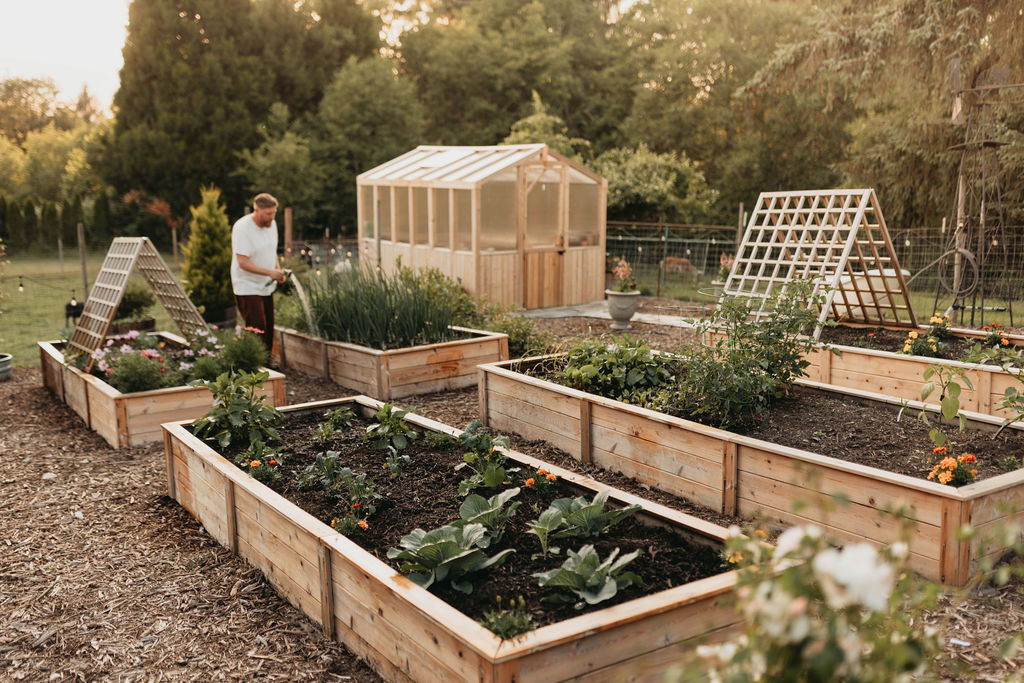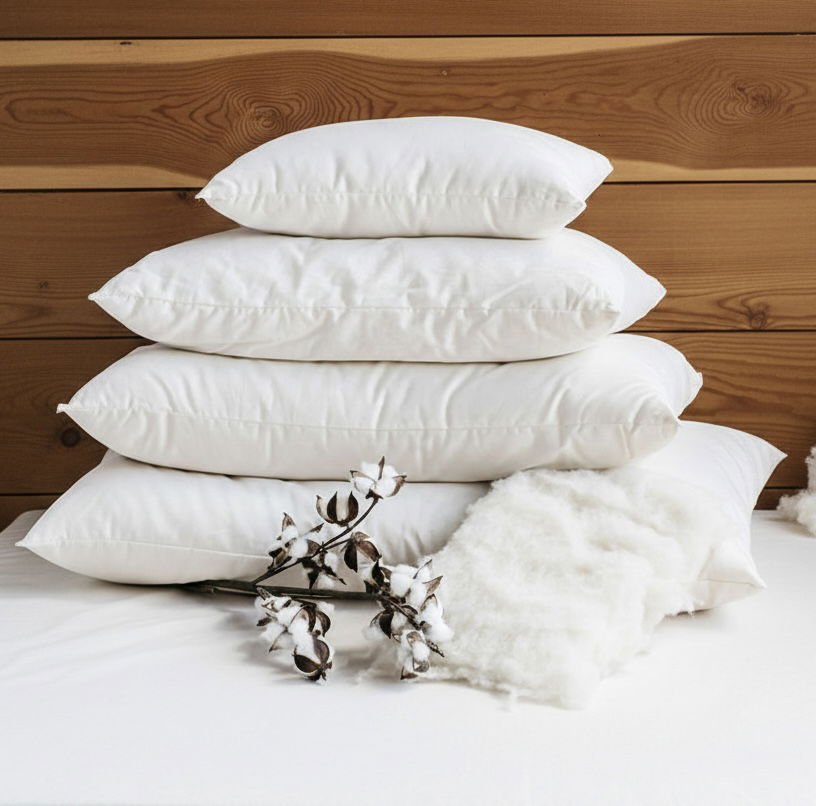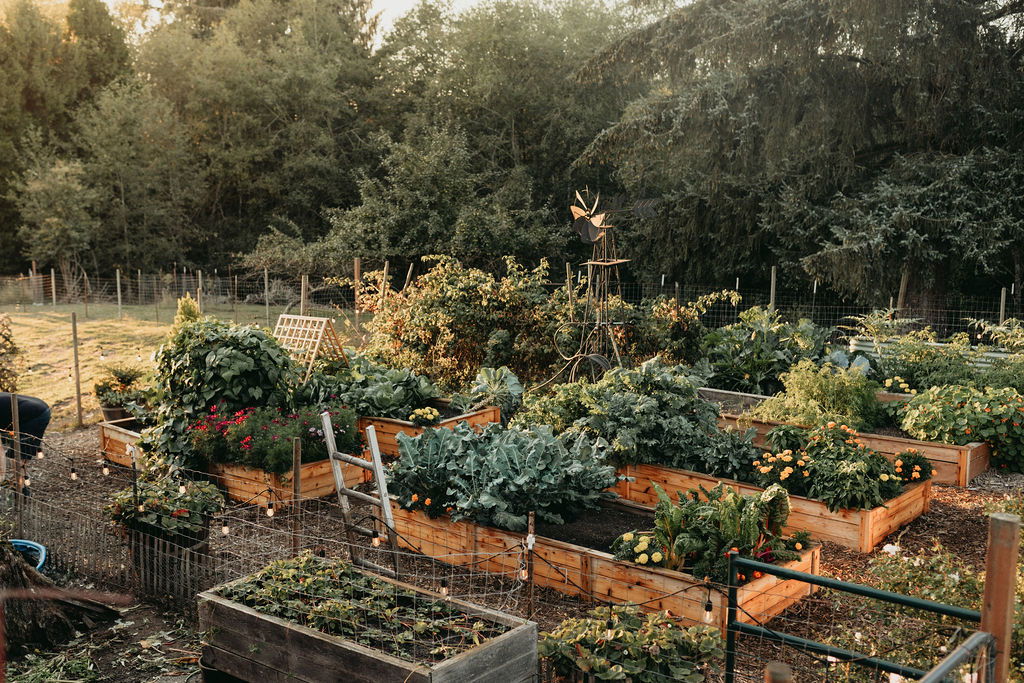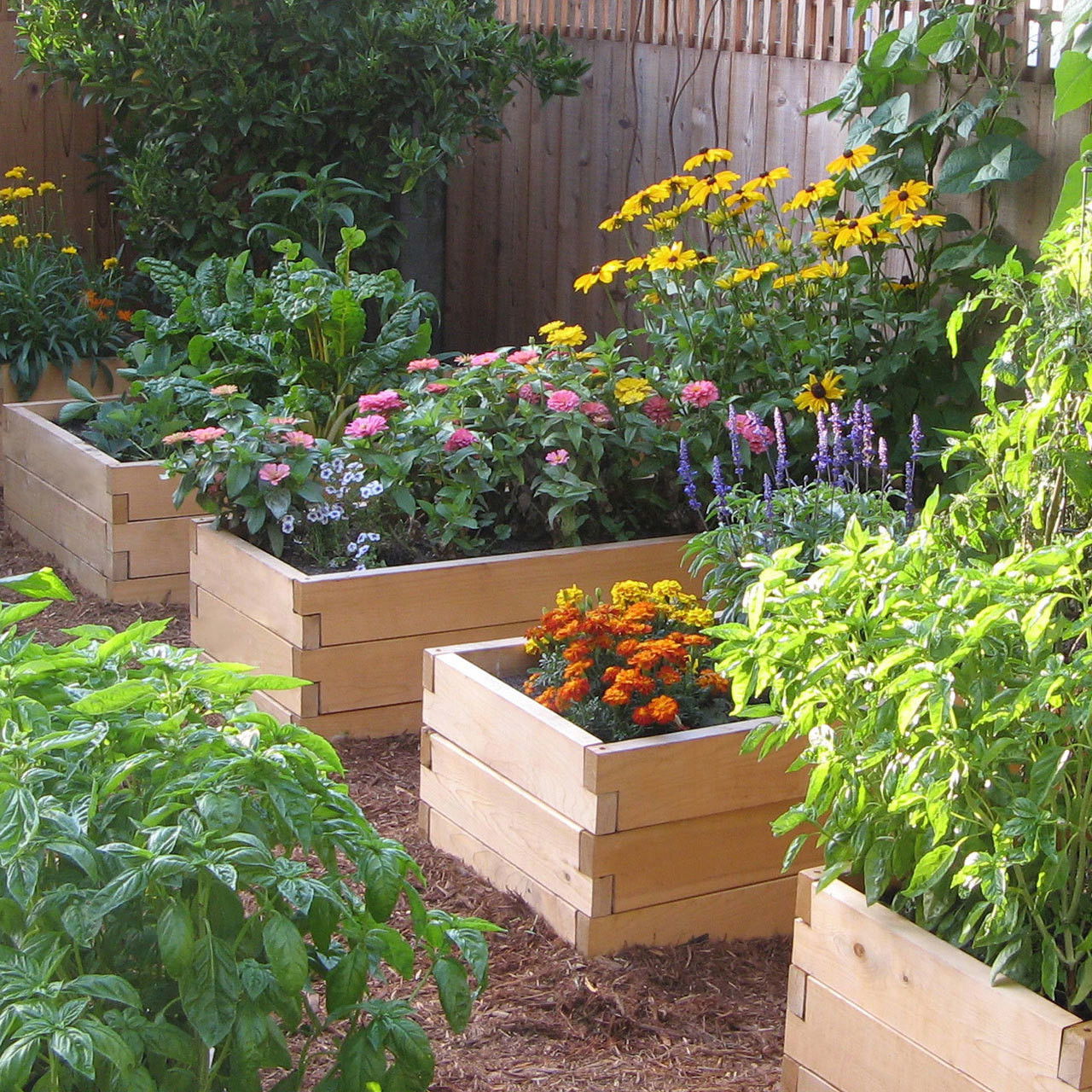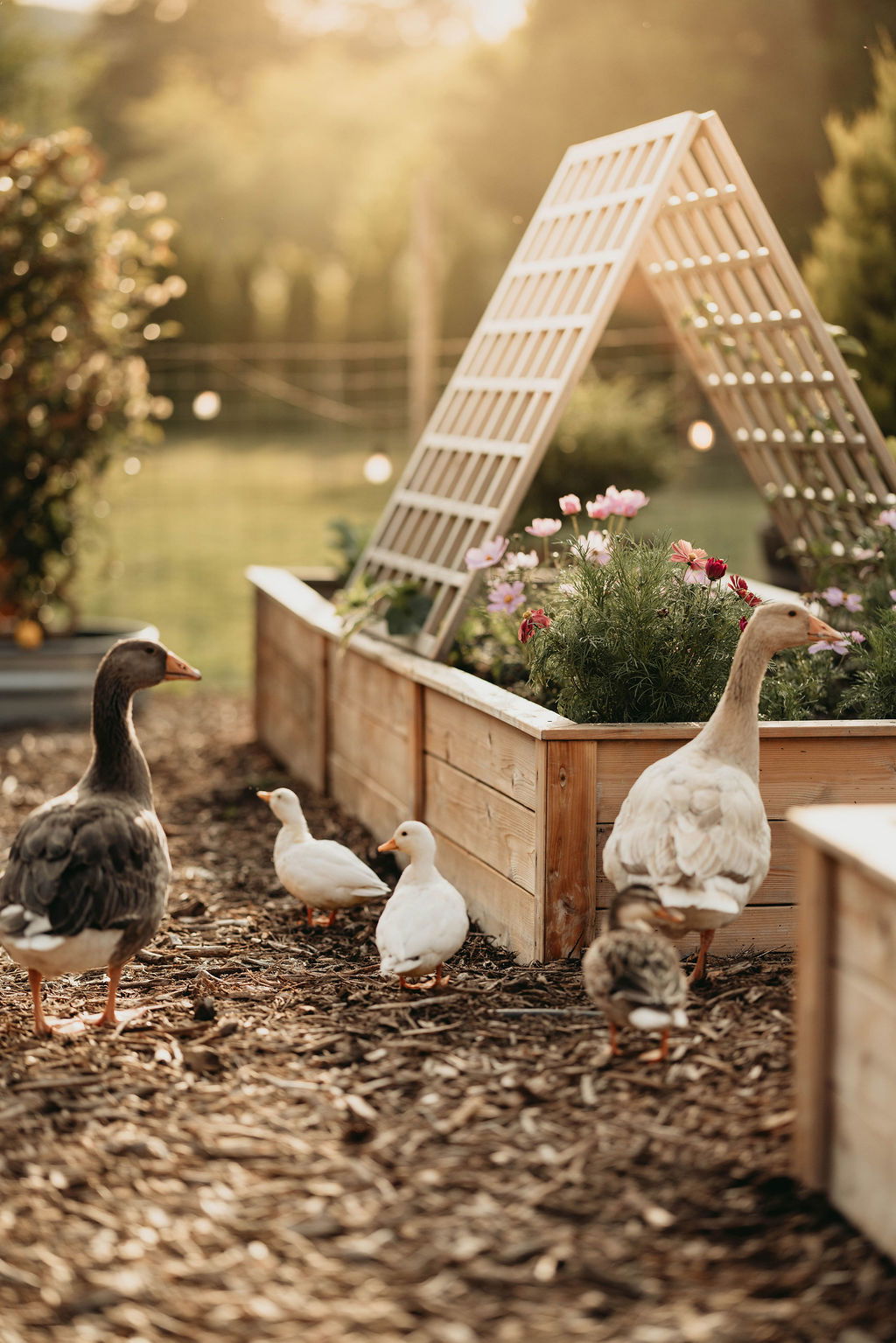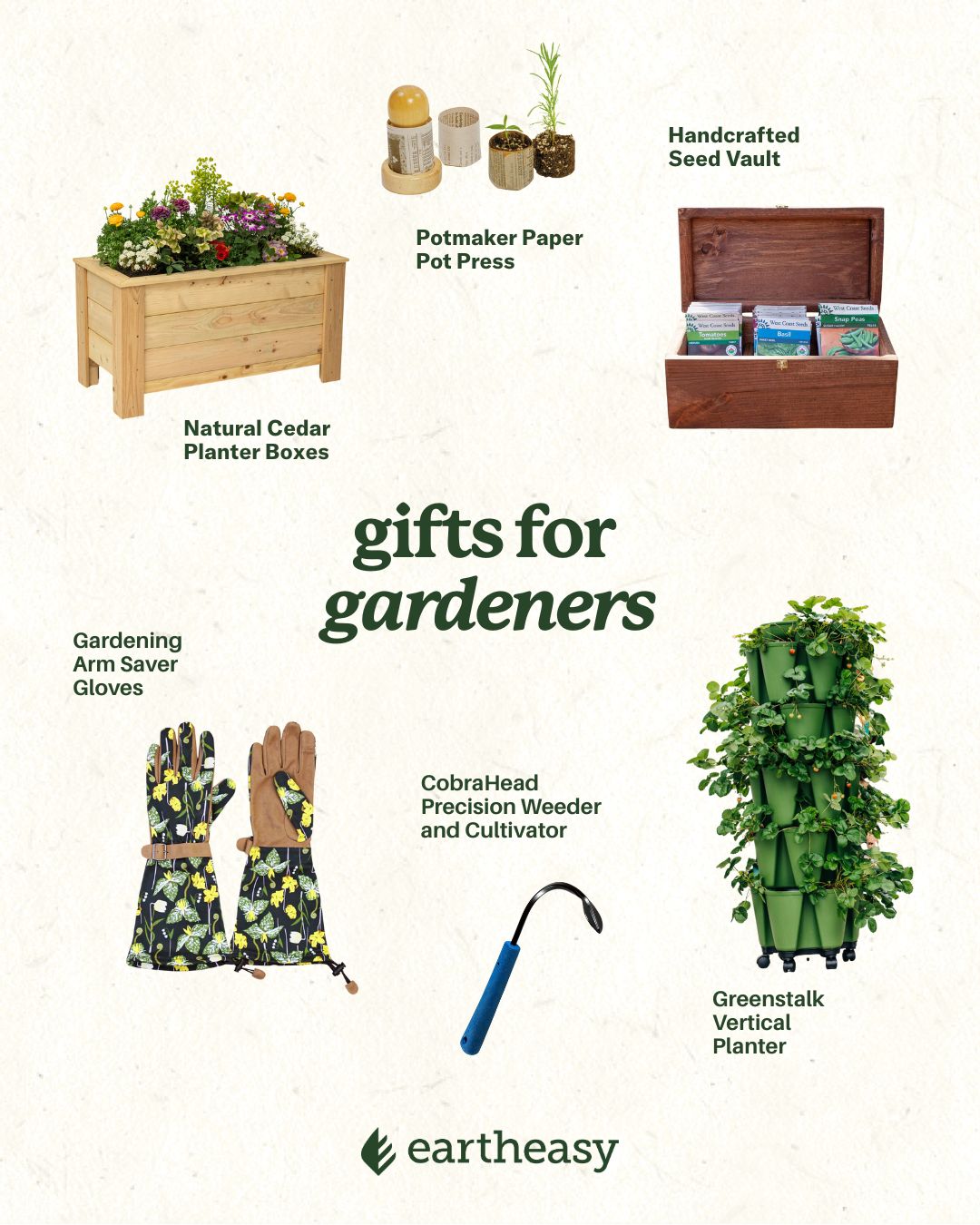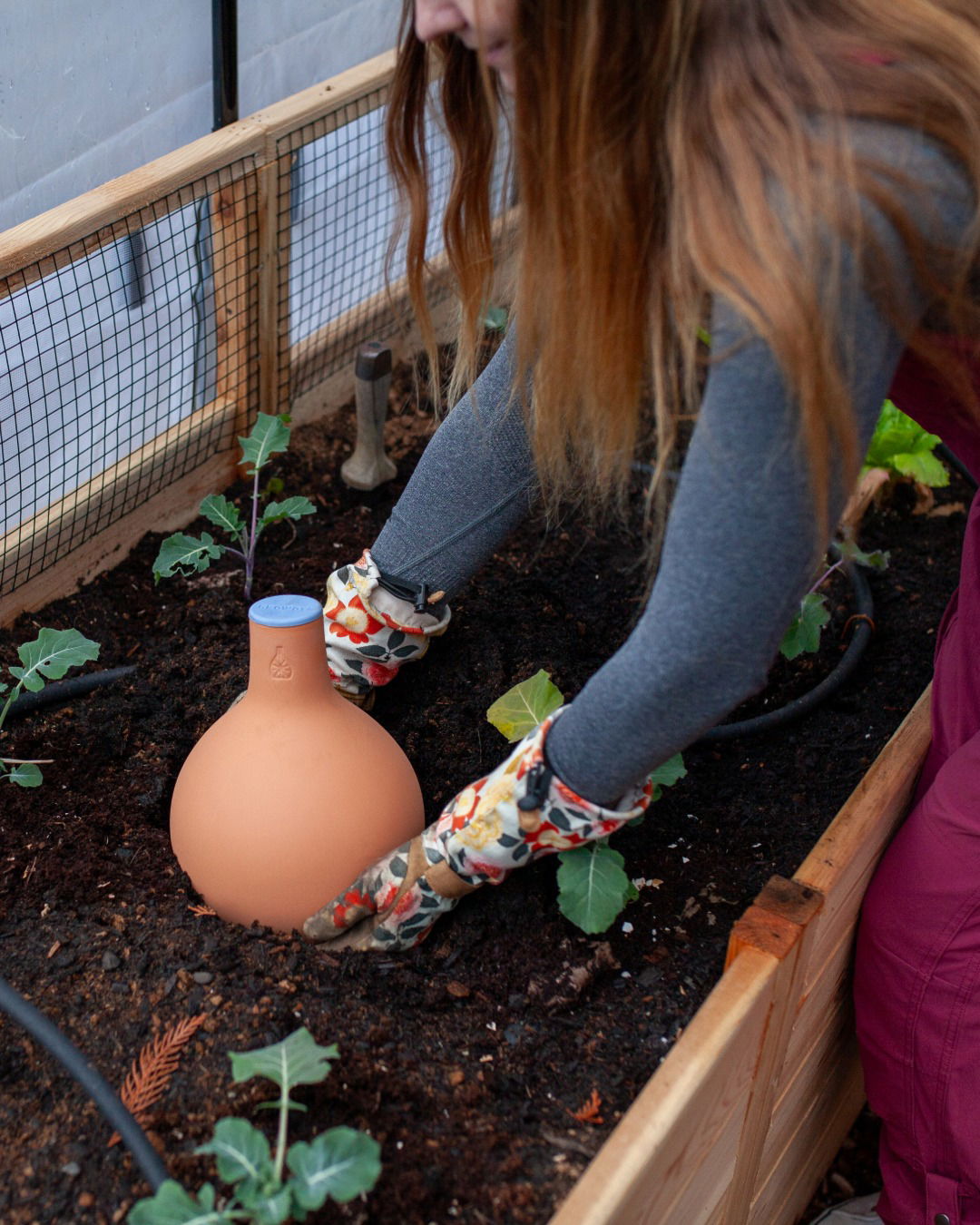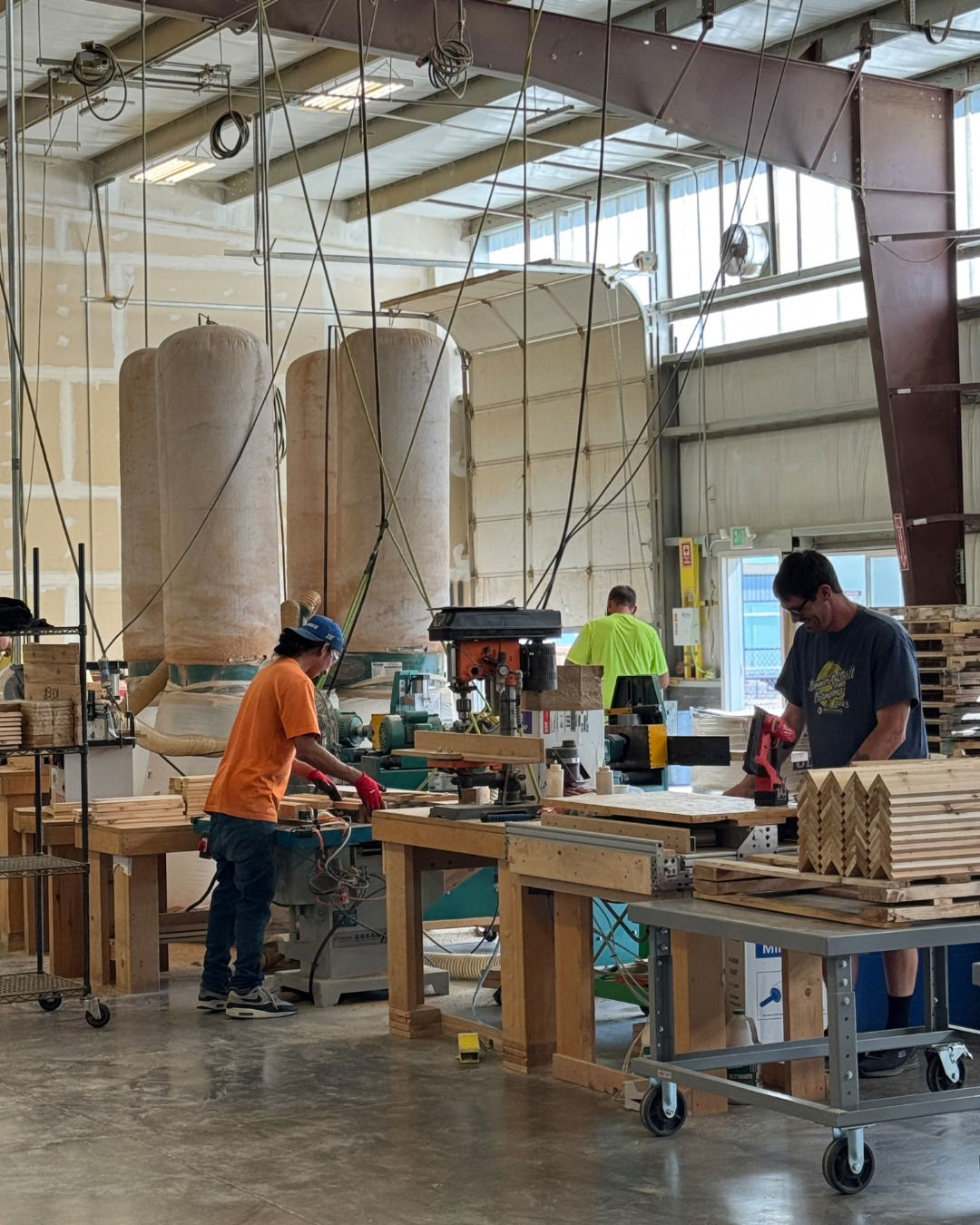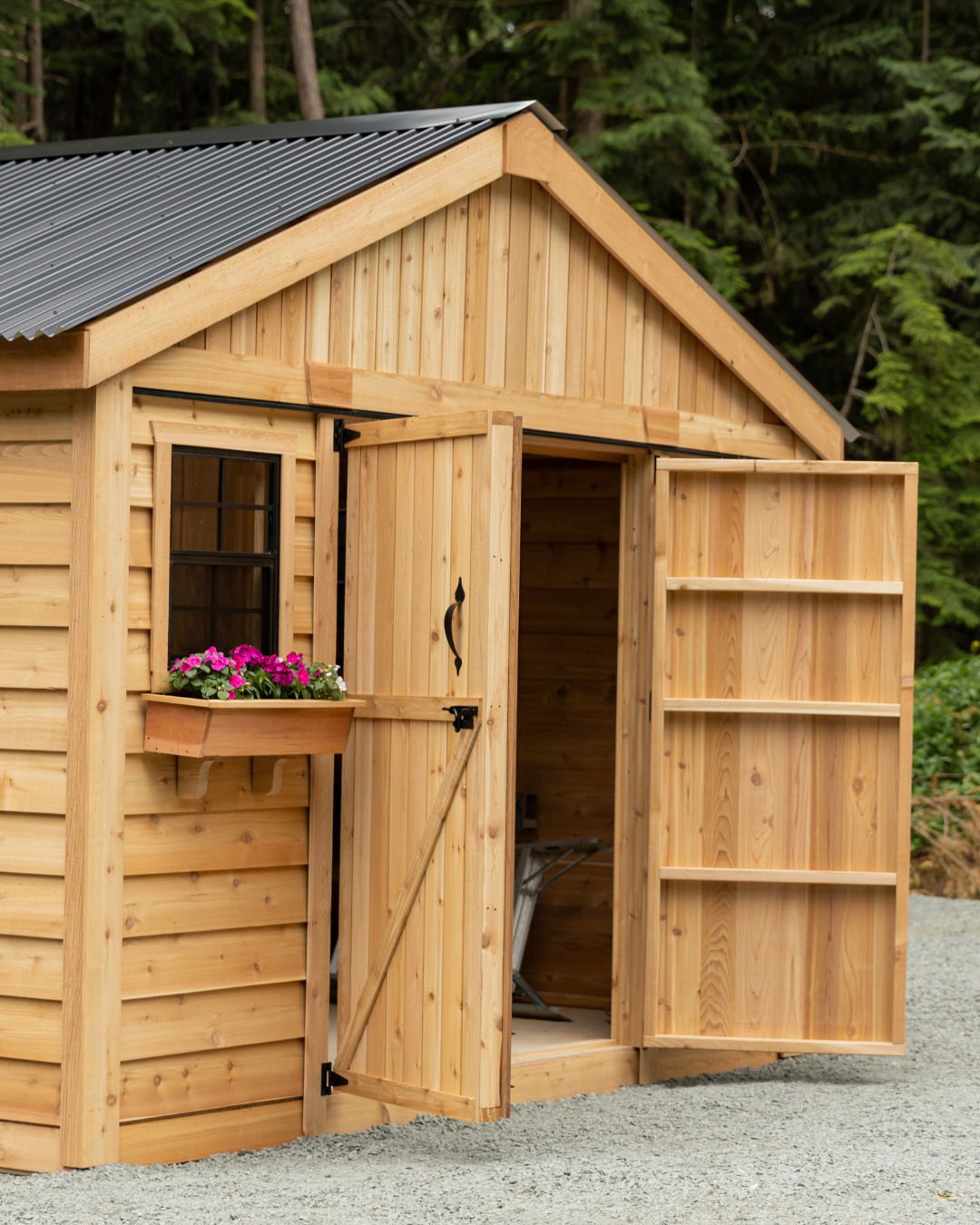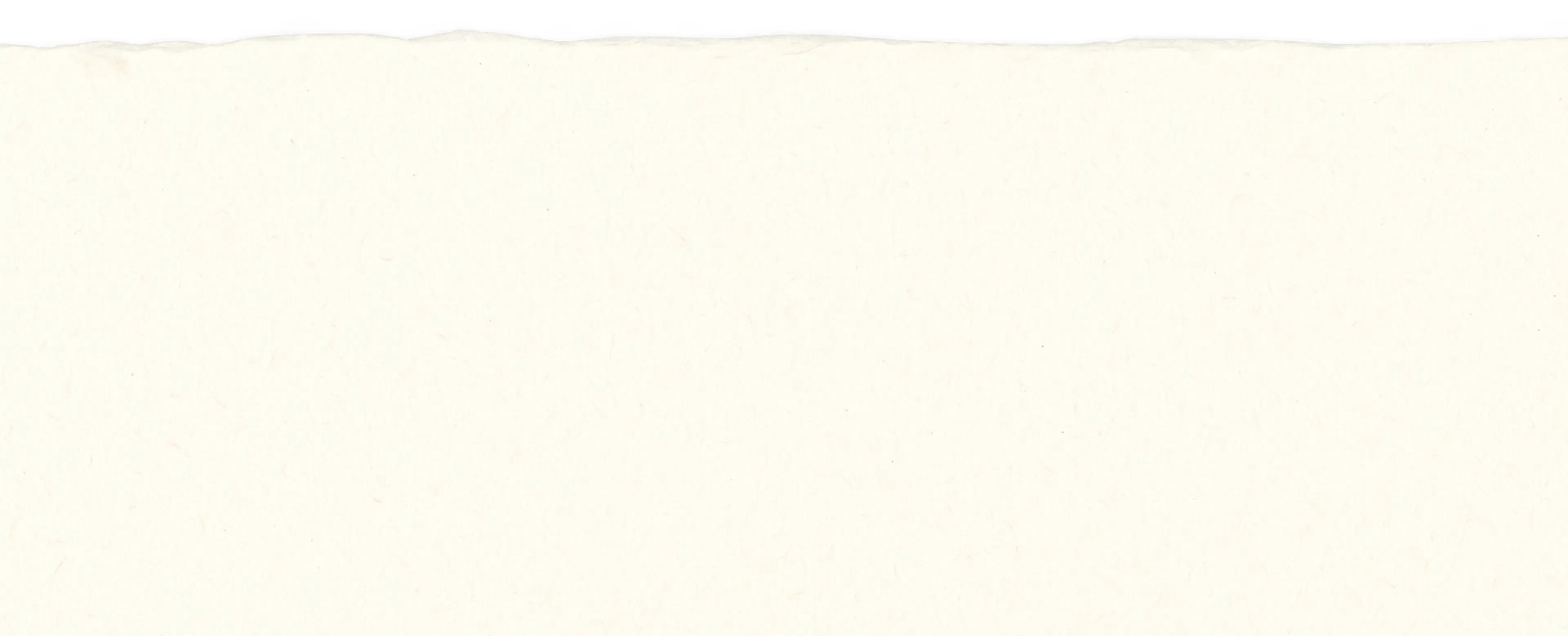Coconut Coir
Coconut Coir
Summary
Summary
Features & Benefits
Features & Benefits
Use Coconut Coir as an organic growing medium, soil amendment and mulch in your garden. Made from coconut husks, an abundant renewable resource.
Overview
Use Coconut Coir as an organic growing medium and soil amendment for your garden and potted plants. It conserves water, improves soil structure, and helps plants retain nutrients for longer. By using coir in your garden your plants will develop stronger root systems, and become more resistant to disease and weeds.
Features & Benefits:
- Natural renewable soil amendment
- Fresh water rinsed to ensure no excess salts
- Moistened coir expands to approximately 16-20 gallons
- High water holding capacity – holds up to 10 times its volume in water
- Retains and releases nutrients over an extended period of time
- Soil conditioner for sandy or clay soils
- Replaces peat moss, rock wool, and perlite
What is Coconut Coir?
Coir is a natural by-product of coconut harvesting. It consists of the coarse fibers extracted from the husks of coconut shells, a renewable resource. Coconut coir is screened, washed and graded for premium horticultural use.
How To Use:
Coconut Coir is dehydrated for easy handling and storage. Adding water causes the coir to expand in size. Soak coir in water for 1 hour before using. It expands to 16-20 gallons.
Growing Medium
To use coconut coir as a growing medium, mix with topsoil and add compost to provide organic nutrients. For garden beds, add one part coir to two parts topsoil. For containers and potted plants, add one part coir to two parts soil or potting mix.
Seed Starting
Coir is great for starting seeds and cuttings because it maintains a consistent level of moisture and it is naturally weed free and disease resistant.
Soil Amendment
When used in sandy soils, coir helps keep nutrients and moisture close to roots instead of leaching away. When used in clay soils, coir breaks up hard compacted soil, so nutrients and moisture move through the soil.
Composting
Coir fiber is carbon-rich and used to balance nitrogen-rich materials such as kitchen scraps and grass clippings in the compost pile. Add two parts coir to one part green organic material. Use 1:1 ratio when mixing with brown organic material.
Coir is used as bedding material for worm compost bins. It controls moisture and improves the quality of worm castings, which go into your garden.
Ships within 2-3 Business Days.

